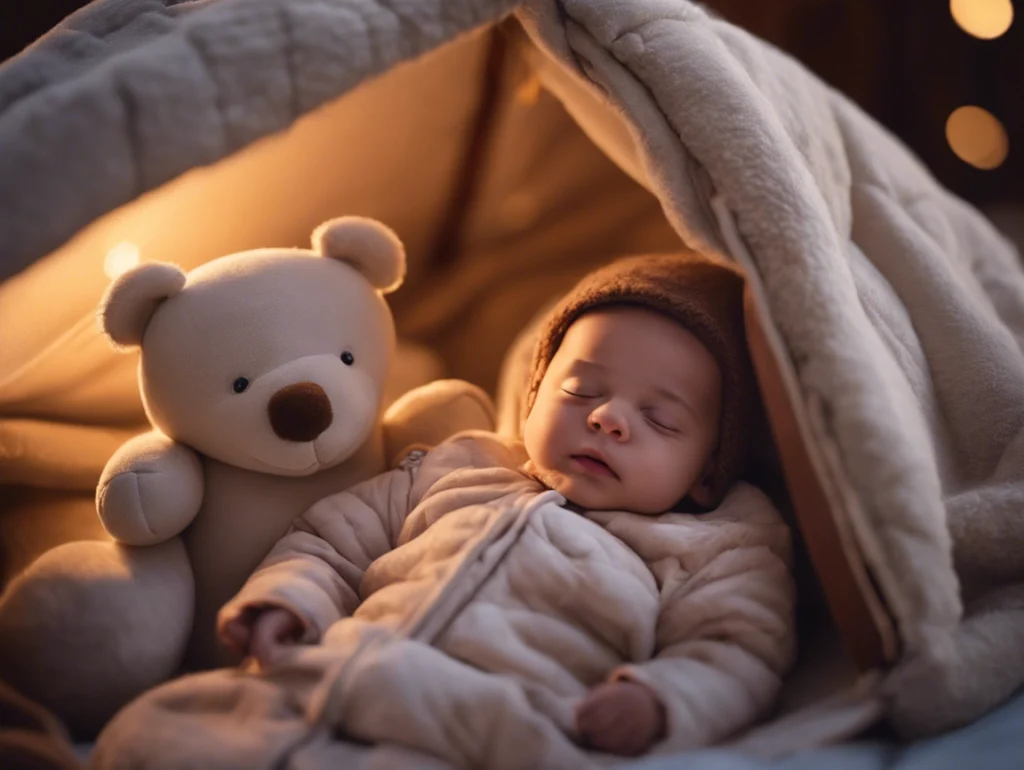As a parent, you’ve probably gone through countless cloth bibs that end up stained, soggy, and ultimately in the trash. I’ve been there too! That’s why I’m excited to dive deep into the world of waterproof baby bibs and help you decide if they’re worth your hard-earned money.

Understanding Waterproof Baby Bibs
What Makes a Bib Waterproof?
Let’s start with the basics. Waterproof bibs typically feature special materials designed to repel liquids instead of absorbing them. Think of them as tiny raincoats for your baby’s chest! These bibs create a barrier between your little one’s clothes and all those messy meals.
Different Types of Waterproof Materials
Not all waterproof bibs are created equal. Some popular materials include:
- Silicone: Flexible, easy to clean, and dishwasher-safe
- TPU (Thermoplastic Polyurethane): Soft yet durable
- PUL (Polyurethane Laminate): Commonly used in cloth diapers
- Nylon with waterproof coating: Lightweight and quick-drying
Benefits of Waterproof Bibs
Protection Against Mess and Stains
Remember that adorable white onesie that lasted exactly one spaghetti dinner? Waterproof bibs provide superior protection against even the messiest meals. The non-absorbent surface means liquids and foods slide right off instead of seeping through to clothes underneath.
Time and Money Savings
Think about how much time you spend pre-treating stains and washing bibs. Waterproof options simply need a quick wipe or rinse. Plus, while they might cost more upfront, you won’t be constantly replacing stained cloth bibs.
Environmental Impact
Here’s something many parents don’t consider: Waterproof bibs can actually be more eco-friendly. Instead of going through dozens of cloth bibs that eventually end up in landfills, one or two quality waterproof bibs can last through multiple children.
Features to Look For
Size and Coverage Area
The best waterproof bibs offer generous coverage without restricting movement. Look for ones that cover from neck to lap, with some even featuring sleeves for those enthusiastic little eaters!
Closure Types
Velcro vs. Snap Buttons
While Velcro offers quick and easy removal, snap buttons tend to last longer and can’t be pulled off by curious fingers. Consider your priority: convenience or durability?
Adjustable Straps
These are worth their weight in gold! They allow the bib to grow with your baby and ensure a comfortable, secure fit.
Cost Analysis
Initial Investment vs. Long-term Savings
Quality waterproof bibs might set you back $10-20 each, compared to $3-5 for basic cloth bibs. However, let’s do the math: If you’re replacing cloth bibs every few months due to stains or wear, waterproof bibs quickly become the more economical choice.
Durability Factor
A well-made waterproof bib can last through multiple children or be resold, making them an excellent investment for budget-conscious parents.
Care and Maintenance
Cleaning Tips
Maintaining waterproof bibs is surprisingly simple:
- Rinse after each use
- Wipe clean with warm, soapy water
- Most are dishwasher-safe (top rack)
- Avoid harsh scrubbing that could damage the waterproof coating
Storage Recommendations
To maximize longevity:
- Hang to dry completely before storing
- Avoid folding in the same place repeatedly
- Store flat or hung up
- Keep away from direct sunlight
After thoroughly exploring the world of waterproof baby bibs, I can confidently say they’re worth the investment for most families. The combination of durability, convenience, and long-term cost savings makes them a smart choice for parents looking to simplify mealtime cleanup while protecting their little one’s clothes.
Frequently Asked Questions:
- How many waterproof bibs do I really need?
Most parents find 2-3 waterproof bibs sufficient, as they can be quickly wiped clean between meals. - Are waterproof bibs safe for babies?
Yes, when purchased from reputable manufacturers, waterproof bibs are made from food-grade materials safe for baby use. - Can waterproof bibs go in the washing machine?
While most can be machine washed, hand washing or dishwasher cleaning is recommended to extend their lifespan. - At what age should I start using waterproof bibs?
Waterproof bibs are most useful once your baby starts solid foods, typically around 6 months. - Do waterproof bibs work for drooling babies?
Yes, they’re excellent for catching drool, though you might want a softer option for all-day wear during teething phases.

